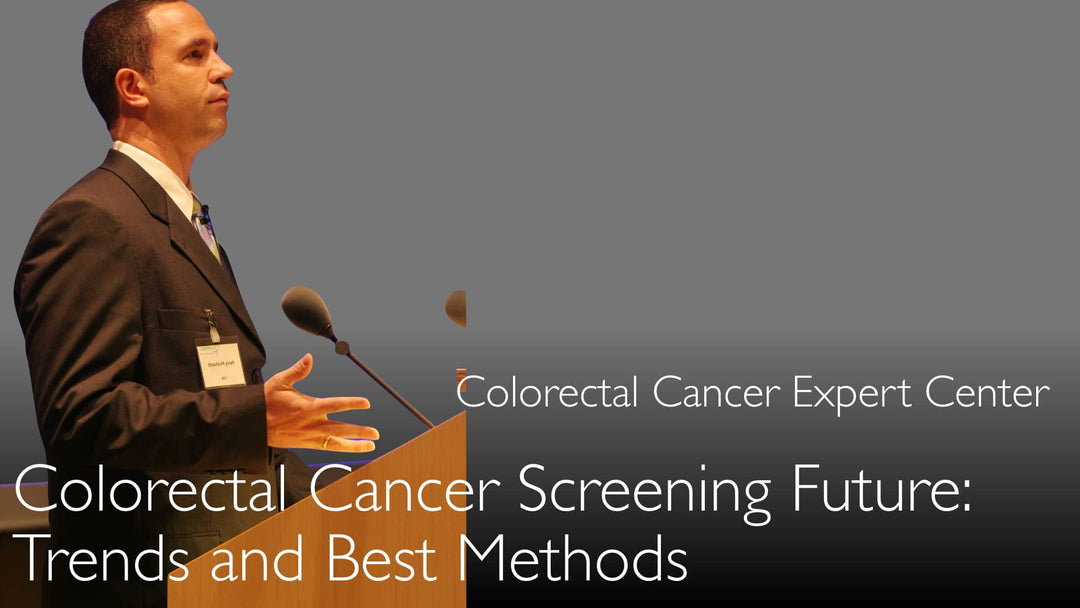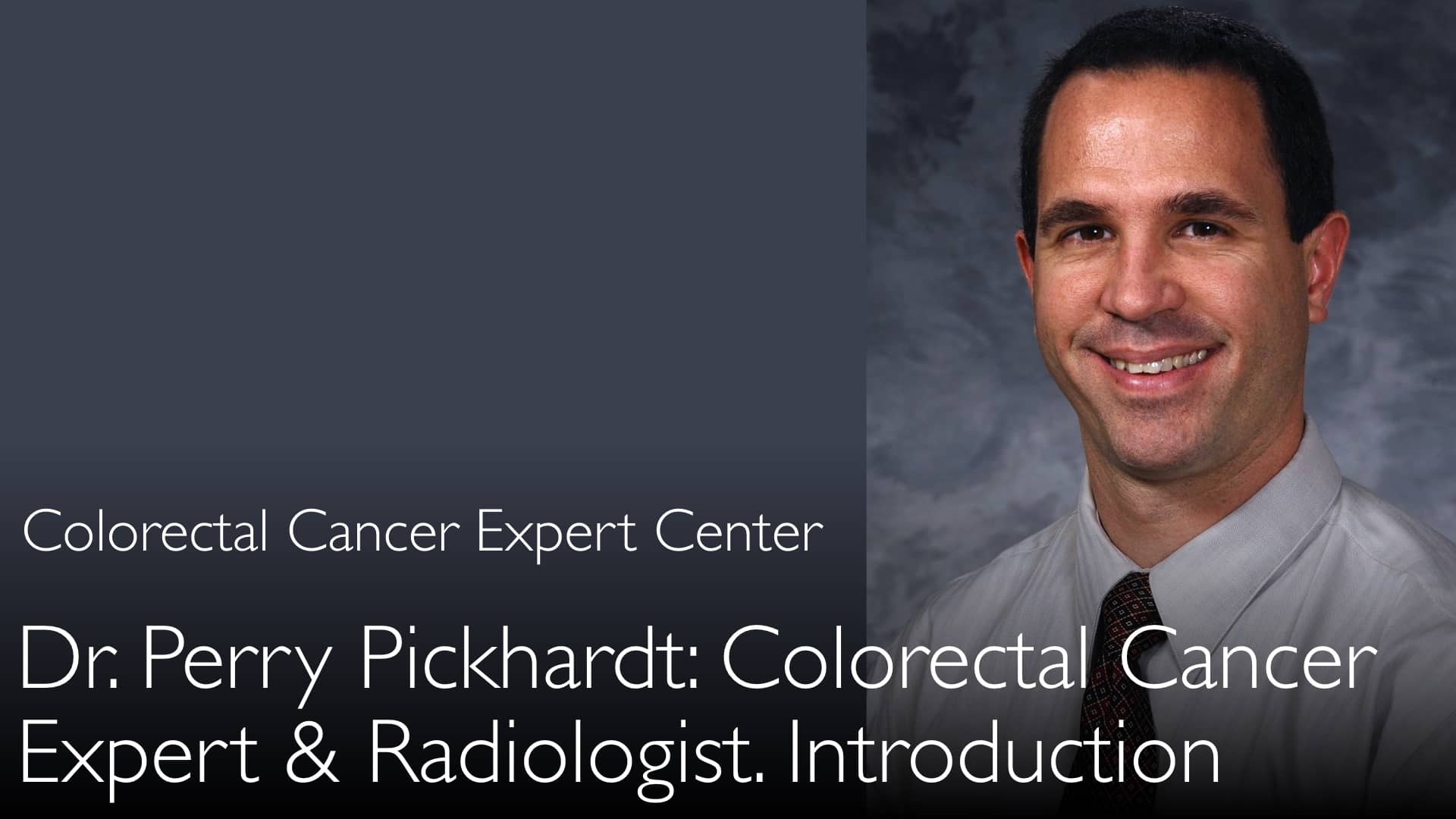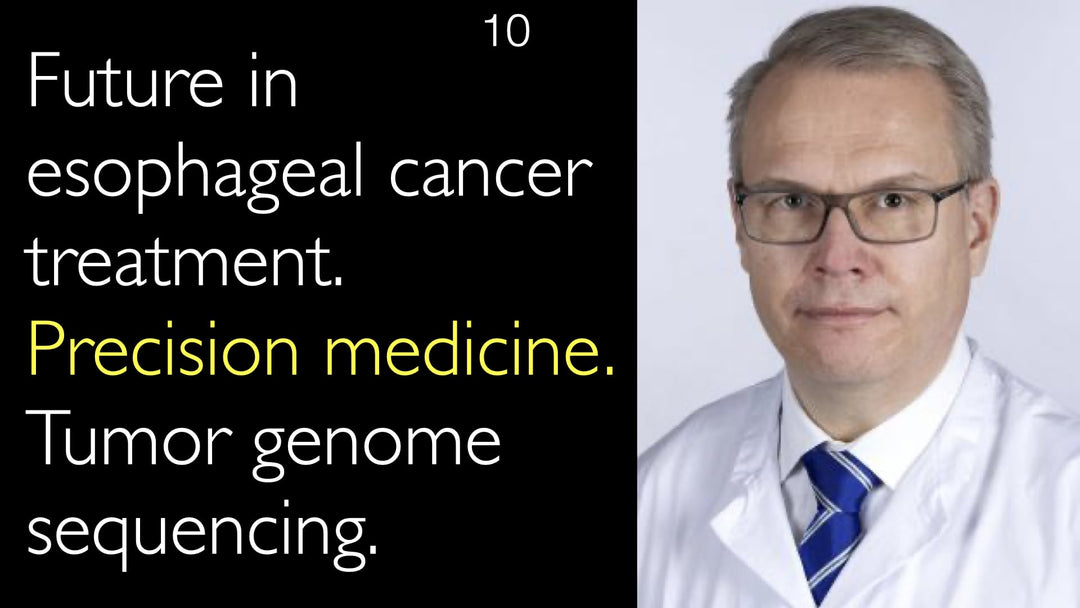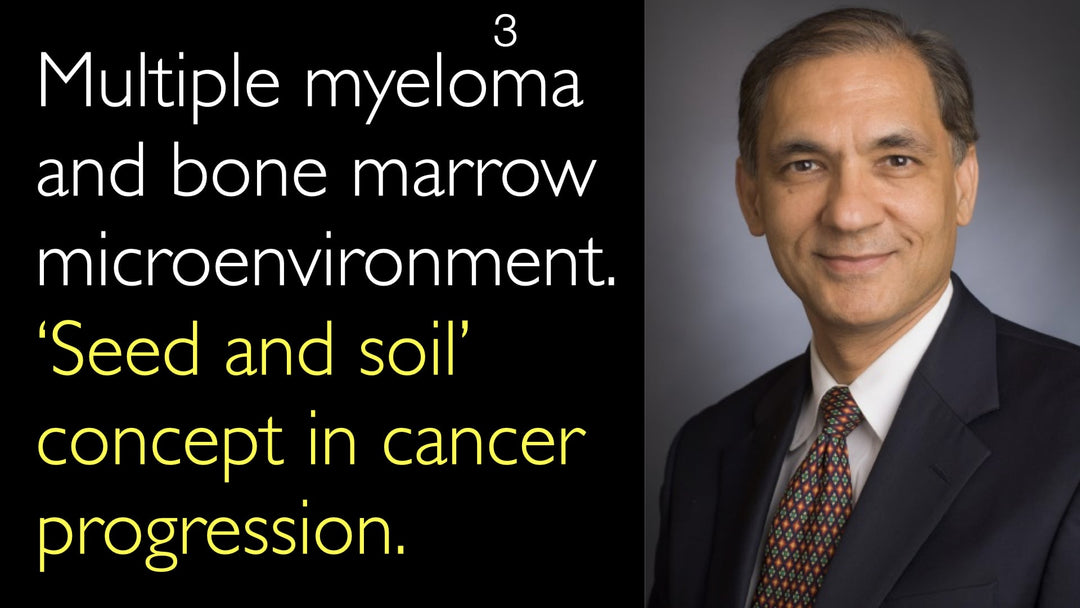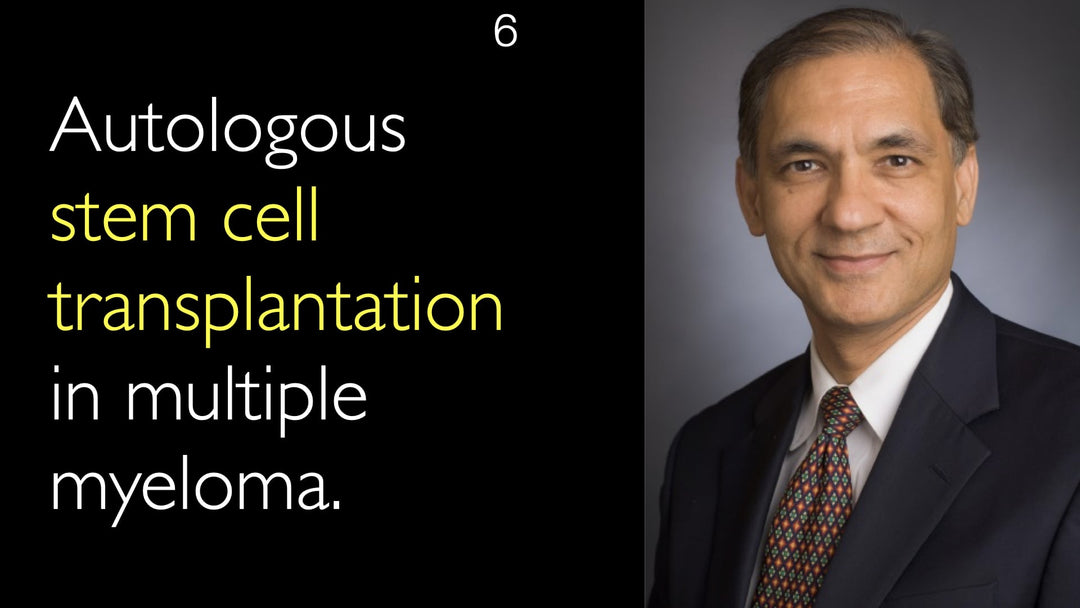Perry Pickhardt 박사(MD)는 대장암 선별검사 및 가상 대장내시경 분야의 선도적 전문가로, 암 검출의 미래에 대한 통찰을 공유합니다. 그는 CT 대장조영술과 같은 첨단 영상 기술이 계속해서 선별검사의 핵심을 이루리라 전망합니다. Pickhardt 박사는 컴퓨터 분석이 용종 및 암 발견의 민감도를 어떻게 높이는지 구체적으로 설명하며, CT 스캔이 다중 질환을 동시에 선별하는 종합 건강 검진으로 발전할 것이라고 내다봅니다. 이러한 접근법은 증상 발생 전 암을 조기에 발견할 수 있어 환자 예후와 의료 효율성 개선에 중요한 역할을 할 것으로 기대됩니다.
대장암 검진과 통합적 CT 영상의 미래
섹션 바로가기
가상 대장내시경의 발전
영상의학 분야의 선도적 전문가인 페리 피카르트(Perry Pickhardt) 박사는 대장암 검진에서의 상당한 진전을 논의합니다. 그는 가상 대장내시경, 즉 CT 대장조영술(CT colonography)이 점차 더 효율적이고 정밀해지고 있다고 강조합니다. 이 비침습적 시술은 CT 스캔을 이용해 대장의 용종과 암을 검사합니다. 피카르트 박사는 이 방법이 환자들에게 검진을 더 쉽고 접근 가능하게 만들어준다고 설명합니다. 기술이 계속 발전하며 기존 대장내시경에 대한 신뢰할 만한 대안으로 자리매김하고 있습니다.
혈액 및 대변 검사의 한계
암 검출을 위한 혈액 검사 연구가 활발히 진행 중이지만, 페리 피카르트 박사는 아직 영상 검사를 대체할 수준은 아니라고 지적합니다. 그는 대변 DNA 검사의 발전 가능성에 희망을 표시하지만, 고급 영상 검사가 검진의 핵심 수단으로 남을 것이라고 확신합니다. 현재 비영상 검사 방식으로는 전암성 용종을 신뢰성 있게 찾아내기 어렵습니다. 피카르트 박사는 영상 검사가 정확한 진단에 필수적인 직접적인 가시화를 제공한다고 강조합니다.
암 검출에서의 컴퓨터 분석
컴퓨터 분석은 대장암 검진 정확도를 높이는 중요한 혁신입니다. 페리 피카르트 박사는 이 기술이 추가적인 확인 과정을 제공해 암과 전암성 병변을 놓칠 위험을 줄인다고 설명합니다. 이러한 자동화 지원은 영상의학과 전문의들이 용종 검출에서 더 높은 민감도를 달성하도록 돕습니다. 컴퓨터 알고리즘의 지속적 개선은 앞으로 더 큰 신뢰성을 약속합니다. 이 기술적 보조는 검진 프로그램의 효과성을 높이는 핵심 요소입니다.
통합적 CT 검진 검사
페리 피카르트 박사는 CT 대장조영술이 단순한 대장암 검사를 넘어 발전할 것이라고 전망합니다. 그는 단일 CT 스캔이 포괄적 건강 검진 도구로 사용되는 미래를 제시합니다. 이러한 통합적 검사는 지방간 질환 평가, 내장 지방 분석, 골밀도 평가 등 다양한 상태를 진단할 수 있습니다. 이 접근법은 영상 검사 절차의 가치를 환자 전반적인 건강 관리에 극대화합니다. 이는 더 효율적이고 광범위한 예방 의학으로의 전환을 의미합니다.
증상 전 암 검출
검진의 궁극적 목표는 증상이 나타나기 전에 암을 발견하는 것이며, 페리 피카르트 박사는 이를 강력히 역설합니다. 환자가 증상을 보일 때는 예후가 흔히 훨씬 나쁩니다. 검진을 통한 조기 발견은 초기 치료와 완치 가능성을 높입니다. 이 접근법은 개인화되고 예측적이며 예방 중심적이고 환자가 참여하는 4P 의학 원칙과 부합합니다. 또한 말기 치료 비용을 절감해 의료 경제에 긍정적 영향을 미칩니다.
미래 영상 기술
페리 피카르트 박사는 검진 개선을 위해 다양한 영상 기술의 통합 가능성을 논의합니다. 양전자방출단층촬영(PET)은 CT와 결합해 특정 암들의 검출 특이성을 높일 수 있습니다. MRI와 초음파도 역할을 할 수 있으며, 특히 고급 CT 기술 접근이 어려운 외딴 지역에서 유용합니다. 이러한 기술들을 결합해 강력한 다기관 검진 프로토콜을 구축하는 미래는 밝습니다. 안톤 티토프(Anton Titov) 박사와 피카르트 박사는 이러한 진전이 글로벌 건강에 상당한 이익을 줄 것에 의견을 같이합니다.
전체 대본
안톤 티토프 박사: 대장암 검진의 미래는 무엇을 가져올까요? 매년 140만 명이 대장암 또는 직장암으로 진단받습니다. 하지만 모든 대장암은 검진을 통해 예방 가능합니다. 대장암에 대한 최적의 검진 방법은 어떻게 선택할까요? 가상 대장내시경 검진 분야의 선도적 전문가가 CT 대장조영술에 대해 논의합니다.
대장암 검진은 이전보다 환자들에게 더 쉽고 접근 가능해졌습니다. 컴퓨터 분석을 통한 가상 대장내시경은 대장암 검진을 효율적이고 매우 정밀하게 만듭니다. 가상 대장내시경은 CT 대장조영술로도 알려져 있습니다.
안톤 티토프 박사: 귀하는 대장암 진단 및 검진 분야의 세계적 선도 영상의학과 전문의 중 한 분입니다. 향후 5년에서 10년 내 대장암 검진에서 어떤 진전을 기대할 수 있을까요?
페리 피카르트 박사: 용종 검출을 위한 간단한 혈액 검사까지 발전할 것이라고 말하고 싶지만, 아쉽게도 아직은 요원한 일입니다. 많은 연구가 진행 중이긴 합니다.
대변 DNA 검사도 발전할 수 있으리라 기대합니다. 그러면 CT 대장조영술조차 필요 없어질 수도 있겠죠. 현실적으로, 고급 영상 검사는 대장암 및 다른 암들에 대한 환자 검진의 중심 수단으로 남을 것입니다.
아마 혈액 검사와 결합될 겁니다. 컴퓨터 분석은 우리에게 더 많은 확인 과정과 암 및 전암성 병변을 놓칠 가능성을 줄여줍니다.
안톤 티토프 박사: 컴퓨터 분석은 계속 개선될 것입니다. 다른 장기 분석, 예를 들어 지방간 질환 탐색과 내장 지방 분석도 발전할 것입니다.
골밀도 평가를 포함한 여러 검사들이 결합되어 CT 검사를 단순 대장암 검사를 넘어서게 만들 수 있습니다. CT 대장조영술은 더 포괄적인 건강 검사가 될 것입니다.
페리 피카르트 박사: 이것은 매우 중요한 미래입니다. 질병의 초기 단계나 임상 전 단계를 발견하는 능력은 사람들의 건강에 실질적 영향을 미칩니다. 동시에 의료 경제에도 영향을 줍니다.
PET 스캔의 역할도 있습니다. 특이성을 높이기 위해 MRI 및 다른 영상 검사에 추가로 사용될 수 있습니다.
암의 증상 전 검출 미래는 확실히 밝아 보입니다. 그것이 진정한 목표입니다. 환자가 암 증상을 보일 때는 예후가 훨씬 나쁘기 때문입니다. 우리는 증상이 나타나기 전에 암을 발견해 치료해야 합니다.
안톤 티토프 박사: 이것은 궁극의 "4P" 의학입니다: 많은 환자들을 위한 개인화된 의학, 예측적, 예방적, 참여적 의학입니다. 의료 서비스 접근에 상당한 재정 부담을 지는 세계 여러 지역에서 특히 중요합니다.
페리 피카르트 박사: 네, 물론입니다. 초음파도 추가해야겠네요. 특히 세계의 외딴 지역에서 역할을 할 수 있습니다.
안톤 티토프 박사: 피카르트 교수님, 매우 흥미롭고 유익한 대화에 깊이 감사드립니다. 앞으로 다시 귀하와 이야기 나눌 수 있기를 바랍니다.
대장암 검진에 대한 더 많은 업데이트와 진전, 그리고 귀하가 언급한 대로 더 일반적인 복부 CT 검진 기회들에 대해 더 논의하기를 기대합니다.
페리 피카르트 박사: 기쁨이었습니다. 즐거운 대화였습니다!
안톤 티토프 박사: 대단히 감사합니다!


